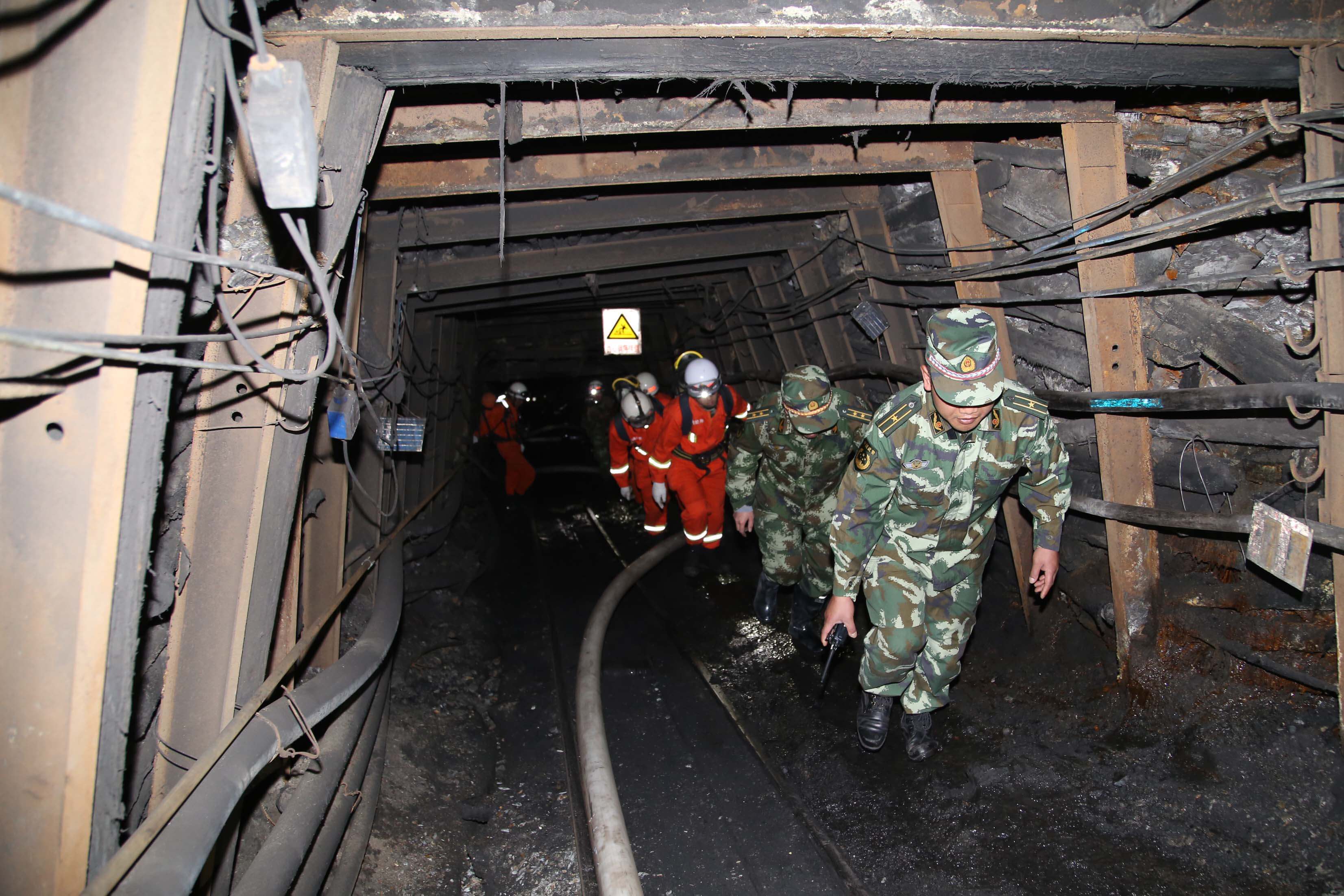Jobs in Energy: Coal’s Loss Is Wind’s Gain

coal miners
As we’ve discussed so often, environmental stewardship and economic strength are not mutually exclusive; in fact, they often go arm in arm. Of course, there are people who deny this; they’re called “corporate polluters.”
There are many different ways that environmentalism can be good for business, but none of them any more gratifying than the wind industry’s robust hiring of skilled workers displaced as coal plants are shuttered.
We’d like to think that coal is losing ground in our energy mix because of the horrific impact it has on human health. Its deposition of heavy metals into rivers and oceans, its greenhouse gas emissions (CO2 and methane), its lung-busting oxides of nitrogen and sulfur, and its vast array of carcinogenic radioactive isotopes result in millions of deaths per year, not to mention tens of millions of illnesses, acidifying oceans, and disappearing species.
In actual fact, however, the ironic truth is that mayhem is only a tiny part of the reason that coal is on its way out, at least in the U.S. The main cause of coal’s demise is cheap natural gas; operating coal plants is no longer cost-effective. Human beings may have little or no interest in doing the right thing, but we’ll be damned if we’ll spend more money on something than we need to.
In any case, I would argue that the reason for the trend is less important that the existence of the trend, and it’s fabulous news for all concerned that the wind industry is able to pick up the slack in terms of job creation.
